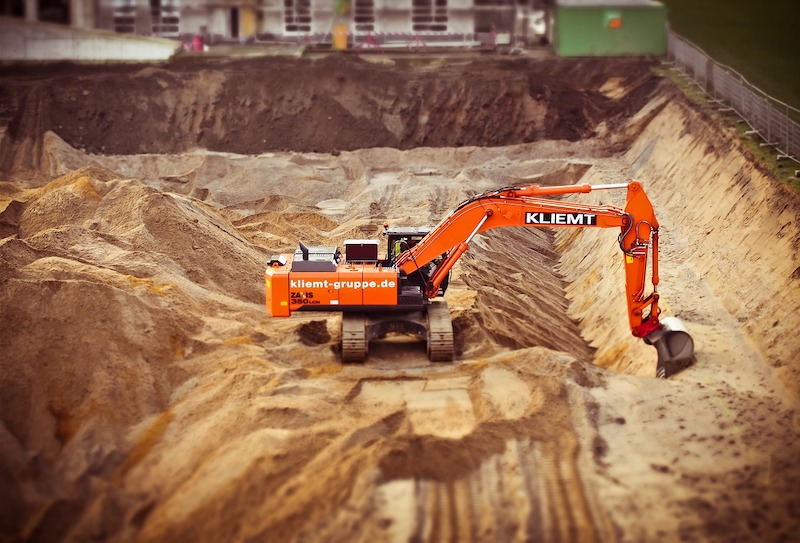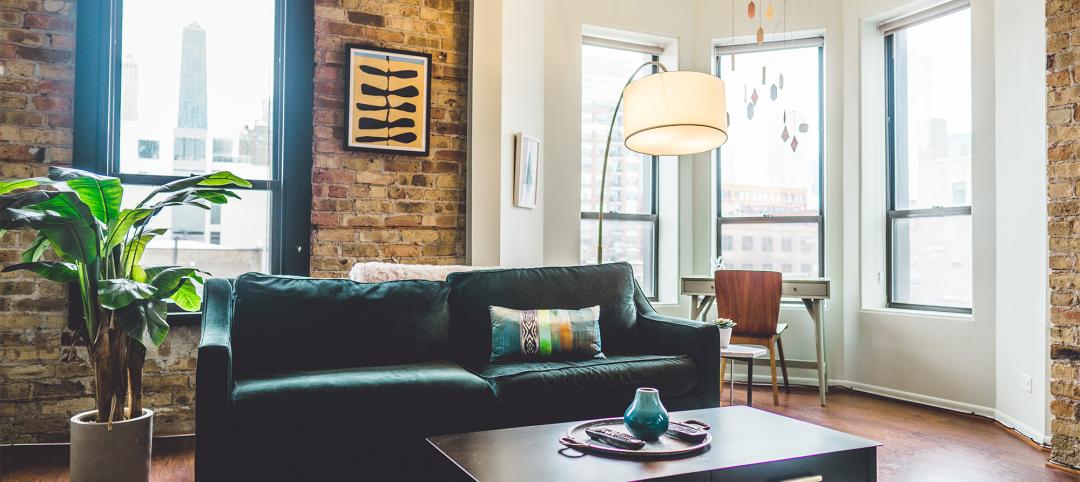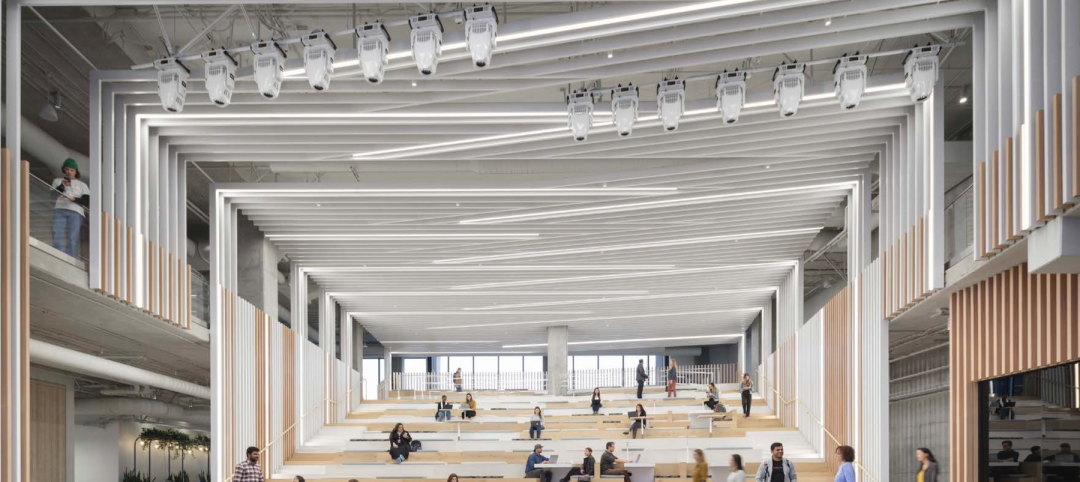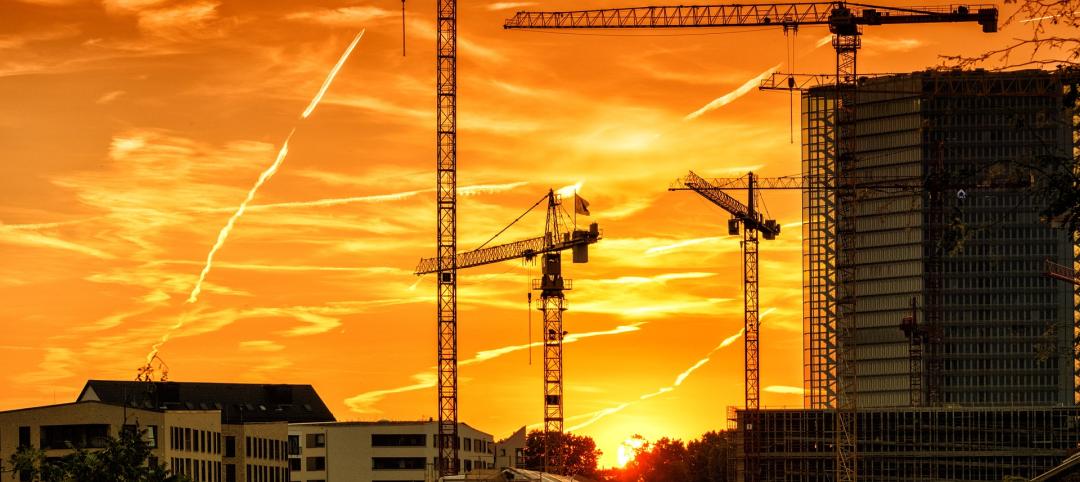Construction spending was a tale of two industries again in November, as soaring single-family construction masked ongoing downturns in private and public nonresidential construction, according to an analysis of new federal construction spending data by the Associated General Contractors of America. Association officials said the new figures underscore the need for new infrastructure investments and other measures to boost demand for nonresidential construction amid the pandemic.
“Private nonresidential construction declined for the fifth-straight month in November, while public nonresidential spending slipped for the fifth time in the past six months,” said Ken Simonson, the association’s chief economist. “Unfortunately, our latest survey finds contractors expect the volume of projects available to bid on in 2021 will be even more meager.”
Construction spending in November totaled $1.46 trillion at a seasonally adjusted annual rate, an increase of 0.9% from the pace in October and 3.8% higher than in November 2019. But the gains were limited to residential construction, which soared 2.6% for the month and 16.2% year-over-year. Meanwhile, private and public nonresidential spending slumped 0.6% from October and 4.7% from a year earlier.
Private nonresidential construction spending decreased for the fifth month in a row, sliding 0.8% from October to November and 9.5% from November 2019. The largest private nonresidential segment, power construction, declined 0.9% for the month. Among the other large private nonresidential project types, commercial construction—comprising retail, warehouse and farm structures—dipped 0.3% for the month, manufacturing construction inched up 0.1%, office construction gained 0.3%, and healthcare construction fell 1.4%.
Public construction spending declined 0.2% for the month but increased 3.1% year-over-year. There were decreases from October to November for most nonresidential categories, although the two largest segments rose: highway and street construction gained 1.8% for the month, while educational construction increased 0.3%.
Private residential construction spending increased for the sixth consecutive month, rising 2.7% in November. Single-family homebuilding jumped 5.1% for the month, while residential improvements spending ticked up 0.2%. Multifamily construction spending was flat.
Association officials said demand for most types of nonresidential construction was likely to remain down for much of the year. They added that they would have more insights on the state of the industry when the association and Sage release their annual Construction Hiring & Business Outlook on Thursday, January 7. In the meantime, they urged the incoming Congress to act quickly to boost investments in infrastructure and pass liability reforms to protect firms that employ necessary safety protocols to protect theirs workers and the public from meritless coronavirus lawsuits.
“Without additional measures to boost demand for nonresidential construction, this year is likely to be a challenging one for the industry,” said Stephen E. Sandherr, the association’s chief executive officer. “The impacts of the pandemic are clearly accumulating for many construction employers.”
Related Stories
Industry Research | Jan 31, 2024
ASID identifies 11 design trends coming in 2024
The Trends Outlook Report by the American Society of Interior Designers (ASID) is the first of a three-part outlook series on interior design. This design trends report demonstrates the importance of connection and authenticity.
Apartments | Jan 26, 2024
New apartment supply: Top 5 metros delivering in 2024
Nationally, the total new apartment supply amounts to around 1.4 million units—well exceeding the apartment development historical average of 980,000 units.
Self-Storage Facilities | Jan 25, 2024
One-quarter of self-storage renters are Millennials
Interest in self-storage has increased in over 75% of the top metros according to the latest StorageCafe survey of self-storage preferences. Today, Millennials make up 25% of all self-storage renters.
Industry Research | Jan 23, 2024
Leading economists forecast 4% growth in construction spending for nonresidential buildings in 2024
Spending on nonresidential buildings will see a modest 4% increase in 2024, after increasing by more than 20% last year according to The American Institute of Architects’ latest Consensus Construction Forecast. The pace will slow to just over 1% growth in 2025, a marked difference from the strong performance in 2023.
Construction Costs | Jan 22, 2024
Construction material prices continue to normalize despite ongoing challenges
Gordian’s most recent Quarterly Construction Cost Insights Report for Q4 2023 describes an industry still attempting to recover from the impact of COVID. This was complicated by inflation, weather, and geopolitical factors that resulted in widespread pricing adjustments throughout the construction materials industries.
Hotel Facilities | Jan 22, 2024
U.S. hotel construction is booming, with a record-high 5,964 projects in the pipeline
The hotel construction pipeline hit record project counts at Q4, with the addition of 260 projects and 21,287 rooms over last quarter, according to Lodging Econometrics.
Multifamily Housing | Jan 15, 2024
Multifamily rent growth rate unchanged at 0.3%
The National Multifamily Report by Yardi Matrix highlights the highs and lows of the multifamily market in 2023. Despite strong demand, rent growth remained unchanged at 0.3 percent.
Self-Storage Facilities | Jan 5, 2024
The state of self-storage in early 2024
As the housing market cools down, storage facilities suffer from lower occupancy and falling rates, according to the December 2023 Yardi Matrix National Self Storage Report.
Designers | Dec 25, 2023
Redefining the workplace is a central theme in Gensler’s latest Design Report
The firm identifies eight mega trends that mostly stress human connections.
Contractors | Dec 12, 2023
The average U.S. contractor has 8.5 months worth of construction work in the pipeline, as of November 2023
Associated Builders and Contractors reported today that its Construction Backlog Indicator inched up to 8.5 months in November from 8.4 months in October, according to an ABC member survey conducted Nov. 20 to Dec. 4. The reading is down 0.7 months from November 2022.

















